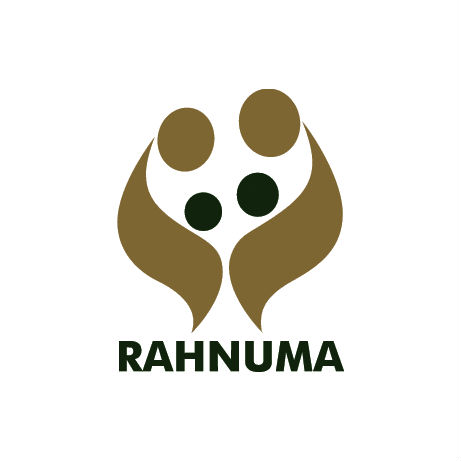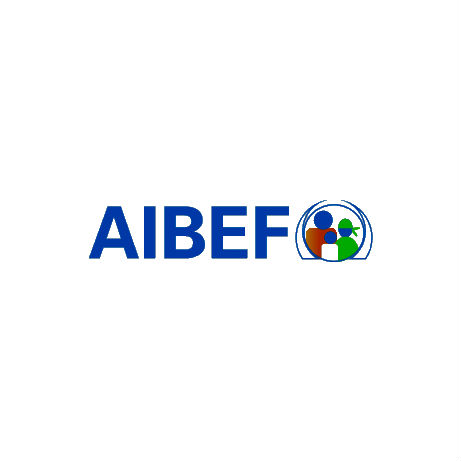

| 31 March 2016
Rahnuma-Family Planning Association of Pakistan
Rahnuma (formerly the Family Planning Association of Pakistan or FPAP) started serving poor and marginalized people in Pakistan as the Family Planning Association of Pakistan (FPAP) in 1953. After over 50 years of momentous achievements, the FPAP felt that its name did not fully reflect the scope of its work. It renamed itself ‘Rahnuma’, an Urdu word meaning 'one who shows the path and provides direction'. Rahnuma was one of the pioneers in providing family planning services and advocating for spacing of childbirth and for smaller families. The government later embraced the cause by establishing the Ministry of Population Welfare. In the space of a decade, Rahnuma grew from a single clinic, based in 1 room in Karachi, to a large-scale operation with an infrastructure of district branches offering model clinics and information and educational facilities. Today, the network operates nearly 5,000 service points, comprising 118 permanent clinics, 11 mobile units, 191 associated clinics and over 2,000 community-based distributors/services (CBDs/CBSs). It also handles referrals to over 2,143 private physicians. Rahnuma has developed innovative programmes to increase access to high-quality, affordable health services. It has advocated for a rights-based approach to sexual and reproductive health (SRH), for the empowerment of particular groups within communities (especially women and young girls), and for the strengthening of civil society in Pakistan. As the sexual and reproductive health and rights (SRHR) agenda has shifted over the years, Rahnuma has increasingly embraced SRHR in the context of national development and poverty alleviation, owing to the direct connection between socio-economic conditions and health and well-being. Contacts Website: http://www.fpapak.org Facebook: https://www.facebook.com/rahnuma.fpap.9 Twitter: https://twitter.com/Rahnuma_FPAP

| 31 March 2016
Association Ivoirienne pour le Bien-Etre Familial
The population of the Ivory Coast suffers from a litany of sexual and reproductive health (SRH) problems common to many countries on the continent: frighteningly high rates of maternal death, early pregnancies, child mortality and HIV prevalence, coupled with very low rates of contraceptive use. Additionally, instances of female genital mutilation (FGM) are frequent and the SRH and psychological repercussions that the practice presents are severe. The Association Ivoirienne pour le Bien-Etre Familial (AIBEF) was founded in 1979. It works closely with the National Population Bureau in the planning and implementation of the National Population Policy and the National Youth Policy. The government and legislators have called on the organization for advice and counsel because it is the one of the most experienced organizations in the field and has unparalleled expertise drawn from ground level experience. To complement and expand its scope, AIBEF partners with a number of non-governmental organizations (NGOs) including the Futures Group, Pathfinder International, the Population Council, John Hopkins University, John Snow International, Columbia University and Family Health International. Major donors include the European Union, IPPF’s Japan Trust Fund, The Global Fund Against TB and Malaria, Alliance International and the World Bank. Additionally, it partners with Collectif des ONG de Lutte contre le Sida en Côte d’Ivoire and RIOF – national networks whose primary objective is to increase SRH capacity. Contacts Facebook: https://www.facebook.com/AIBEF-1478416299110640/







